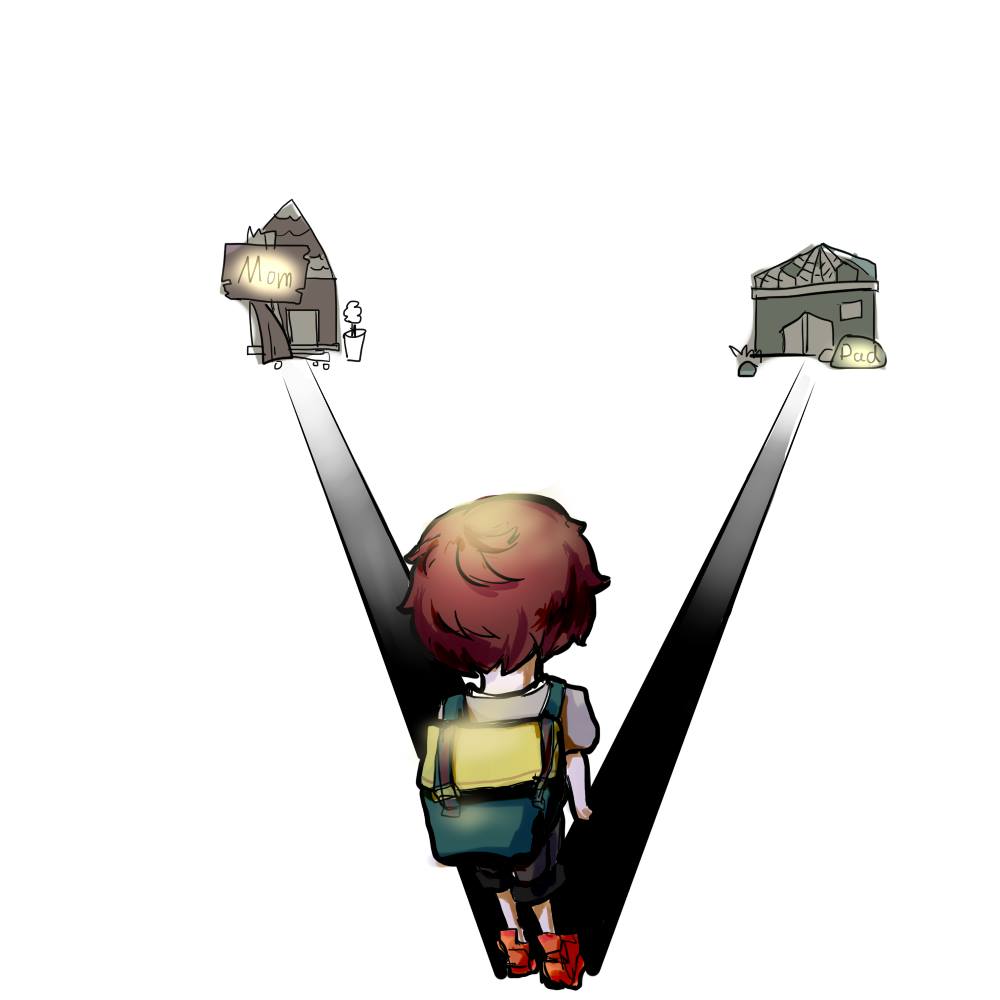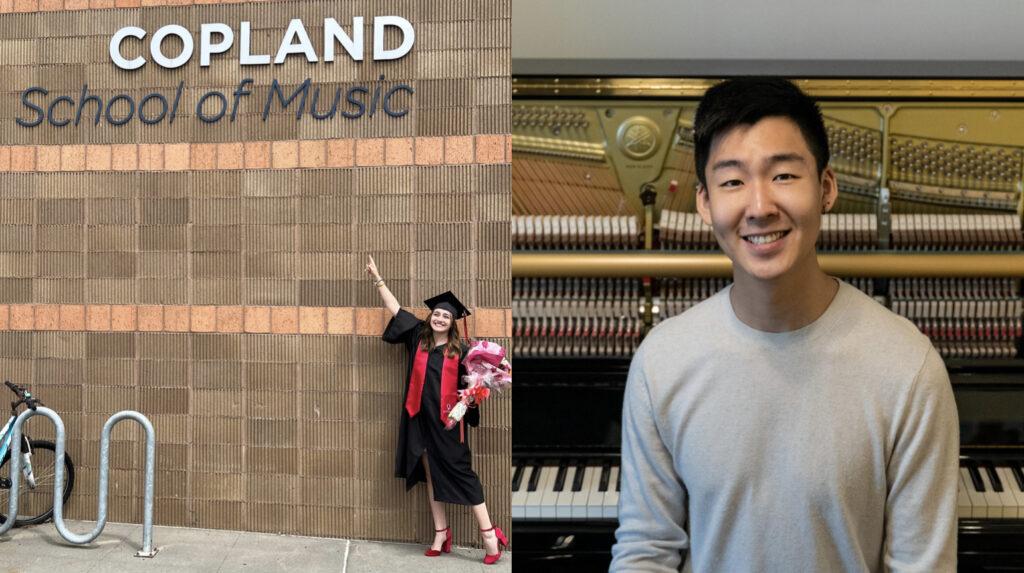
The personal lives of students are often glossed over in the midst of their academic lives at Townsend Harris. Students are often unaware of what a student’s family life consists of, and for several, it involves divorce. Divorce can affect students in a myriad of ways, ranging from student life outside of school to life inside of school.
Divorce affects a student’s life, whether it be a positive change or a negative one. Junior Klaudia Hanus stated that although she “wasn’t fond of the idea [of her parents separating] at first, [she] grew to love it,” especially because this arrangement allowed her to have two close families and an extra set of parents. This did affect her relationship with her father, as her conflicting schedules often interfered with his visits.
Student lives are also affected in regards to school. Sophomore Justin Eng said that his parents’ divorce influenced his extracurriculars. He explained, “Having a social life and club time is limited due to custody times conflicting with times that my friends are available… [it’s] stressful to ask, so I never really asked at all and just stay home. Custody is a commitment – to me at least- that I should fulfill.”
Rachel Chabin, an alumna from the Class of 2015, also commented on the nature of divorce and talking about it with friends. “I’d have to explain to them,” she said, “that my parents were divorced, give them the phone number for both parents’ houses, and give them a skeletal description of where I might be at any given time,” emphasizing the complex relationships that develop as a result of divorce.
Despite separations, some parents present a united front for their children in an attempt to reduce the severity of this decision. Junior Samantha Jaloza explained, “My parents get along extremely well and are both just trying to make sure that I am in the best position to be successful.”
The age at which students became aware of the split between their parents can really influence how they learn to cope with change. Samantha remembers that the divorce happened when she was about four years old and it didn’t “have too much of an affect on me.” Klaudia also reacted similarly, as her parents divorced over the summer before fifth grade. It was mostly the “idea of change that made her mad and scared.”
Rachel said her parents divorced when she was six years old, right before the start of second grade. “They never fought in front of me…my parents had definitely cut back the time they spent together, and because of that, I don’t have many memories of them enjoying spending time together,” she commented.
Of course, as a result, every family has to engender some sort of compromise to ensure their child’s safety and wellbeing. According to the students, a majority of the compromises benefit the family dynamic. Justin’s, Rachel’s, Samantha’s, and Klaudia’s parents share custody, which entails giving both parents the right to meet with their child on different days of the week. The students believe that this arrangement is a reasonable compromise.
As a freshman in college, Rachel contrasted her current college life from her previous high school lifestyle. The divorce worked on both the logistical and emotional sides of her life, in terms of separating her parents and school concerns, homework concerns, or even resenting talking too much about one parent to another. Going to college away from home allowed her to live in a single place most of the time. “It’s a relief for me not to have to remember where I live every day – I can come back to the same dorm room no matter what part of the week it is,” she stated. “I think living beyond their divorce fallout has given me more independence in college.”
Guidance counselors are exposed to students’ individual situations, and divorce is one of them. Guidance Counselor Justine Meyer believes that, “the success of the transition often depends on the student’s willingness to talk and letting adults into their lives and helping them cope with a struggle.”
The guidance office has been open to any student, but regarding the topic of divorce, guidance counselors would suggest meeting with students and parents. These meetings would allow the student to partake in open communication, release feelings, or seek family counseling if there are true struggles. Generally, either through official documents or through personal divulgence, divorce struggles could be overcome.
Ultimately Klaudia agreed, “I think [the divorce] was better for my family. Of course I would’ve loved to have my parents together but it was better they split and be happy than constantly bicker and be unhappy.”


































